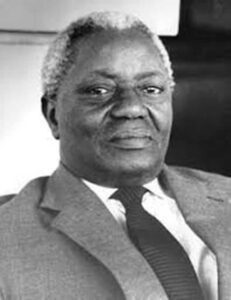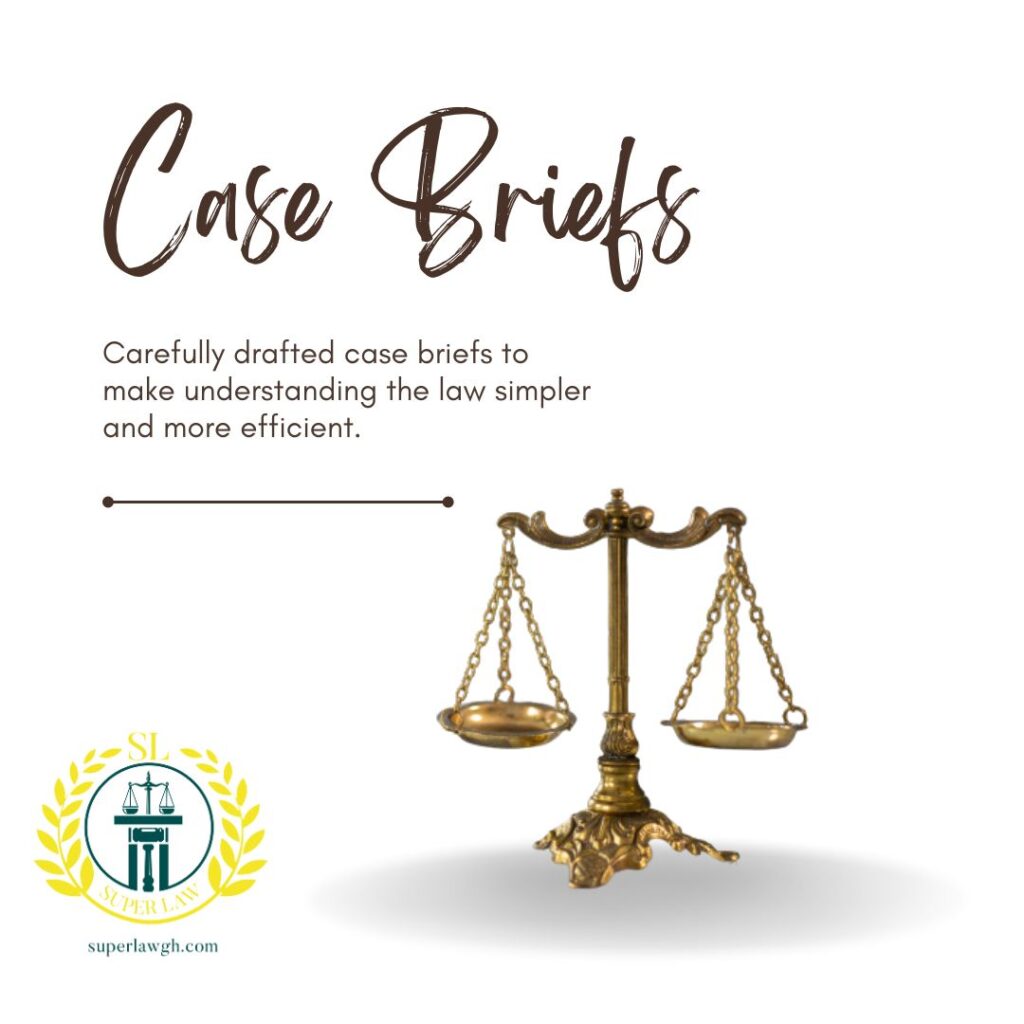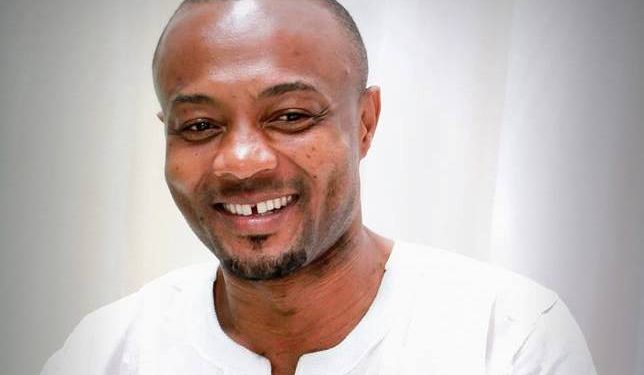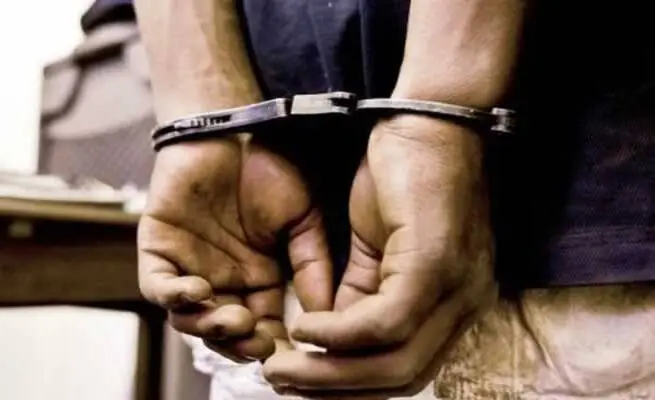
Ghana’s rich history would be incomplete without mentioning the immense role played by her illustrious son, Joseph Kwame Kyeretwie Boakye Danquah. Dr. J. B. Danquah who was born on 18th December 1895 in Bepong, Kwahu, Eastern Region of Ghana and passed away on 4th February 1965.
He was a distinguished politician, scholar, lawyer, and statesman. His contributions to pre- and post-colonial Ghana played a pivotal role in shaping the nation’s political landscape.
Dr. J. B. Danquah descended from the royal family of Ofori Panin Fie, had his education at the Basel Mission School and Senior School where he demonstrated early academic prowess. His employment as a clerk at the Supreme Court of the Gold Coast, sparked his interest in law. He travelled to Britain in 1921 to study law, earning a B.A. degree and becoming the first West African to obtain a Doctor of Philosophy degree from a British university.
After school, Dr. Danquah established a private legal practice in the then Gold Coast in 1927. He also co-founded the Gold Coast Youth Conference (GCYC) with J. E. Casely Hayford in 1929.He went on to establish The Times of West Africa (1931-1935), the first daily newspaper in Gold Coast (Ghana).
J. B. Danquah was active in Pan-Africanist activities, subsequently becoming an executive member of the International African Friends of Ethiopia in 1935. He was elected as a member of the Legislative Council in 1946 and was instrumental in the founding of the United Gold Coast Convention (UGCC) in 1947, advocating for independence.
The name Ghana could not have been possible but for a key role Dr. J. B. Danquah played in the renaming of the Gold Coast to Ghana upon independence. He held a divergent view from that of Kwame Nkrumah, who left the UGCC to form the Convention People’s Party (CPP) in 1949.
The fact cannot be controverted that Dr. J. B. Danquah was instrumental in the establishment of the University of Ghana as he was a lead advocate for its establishment in 1948, countering a British recommendation. He also contributed significantly to the development of higher education in West Africa.
Danquah was elected to the colony’s Legislative Assembly in 1951, but he failed to be reelected in 1954 and 1956. He ran against Nkrumah in the 1960 presidential election but lost. Danquah continued to oppose Nkrumah and attacked the dictatorial aspects of his government.
In 1961 Danquah was imprisoned under the Preventive Detention Act but was released in 1962. He was later elected president of the Ghana Bar Association. Danquah, who continued to speak out against Nkrumah and his policies, was again imprisoned in 1964 at the Nsawam prison, where he died a year later.
The J. B. Danquah Memorial Lecture Series was promulgated and inaugurated in 1968 in memory of Danquah, who was also a founding member of the Ghana Academy of Arts and Sciences (GAAS). The Danquah Institute was set up in commemoration of his work and to promote his ideas posthumously. Danquah Circle in Accra was named in his honor.
Notable publications of Dr. J. B. Danquah include “Gold Coast: Akan Laws and Customs” and “The Akan Doctrine of God.” He was married to Mabel Dove and later to Elizabeth Vardon. He was also related by marriage to Kwaku Boateng.
Joseph Kwame Kyeretwie Boakye Danquah’s life and contributions remain integral to Ghana’s history, from his early educational pursuits to his enduring legacy in politics, education, and law. His impact on the nation’s journey to independence and commitment to higher education resonate to this day. His name is boldly written in the sands of time.
peacefmonline.com




